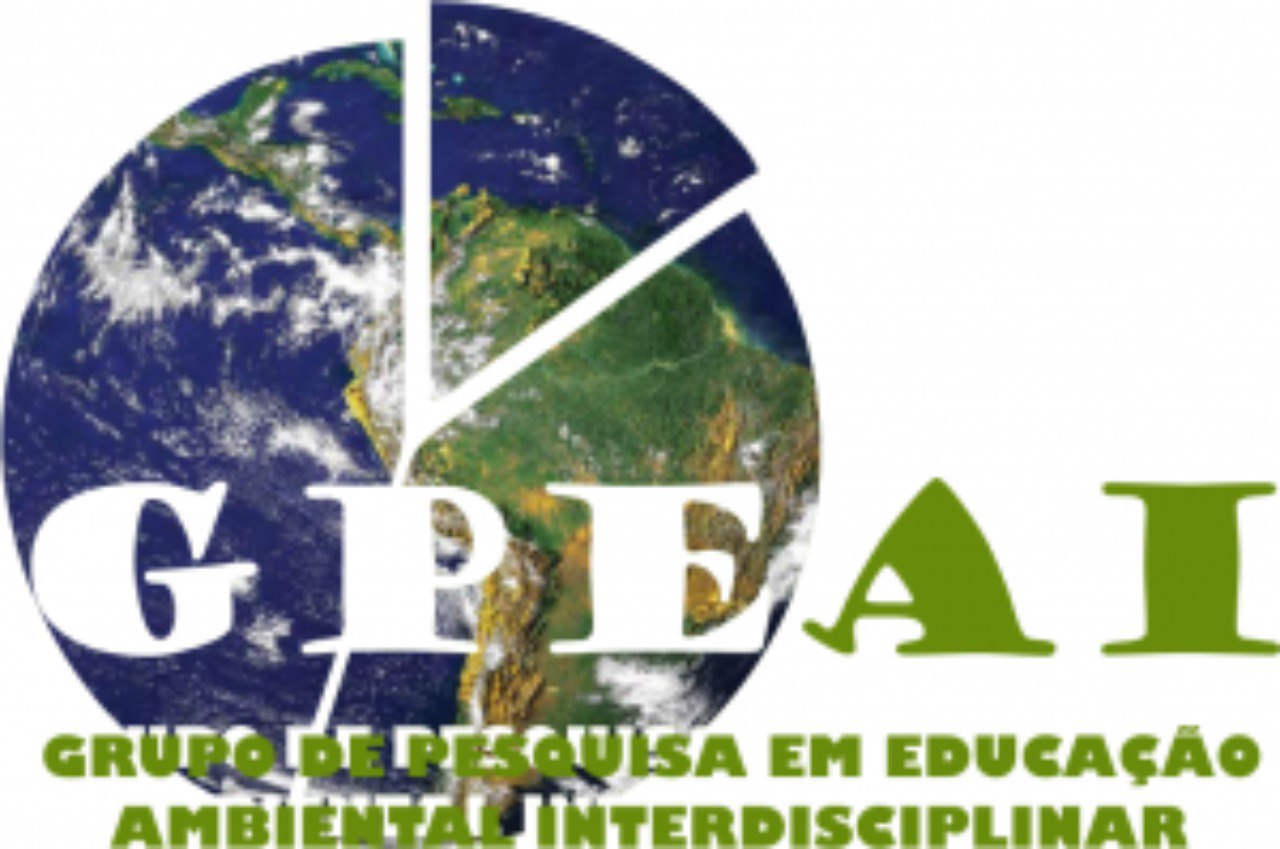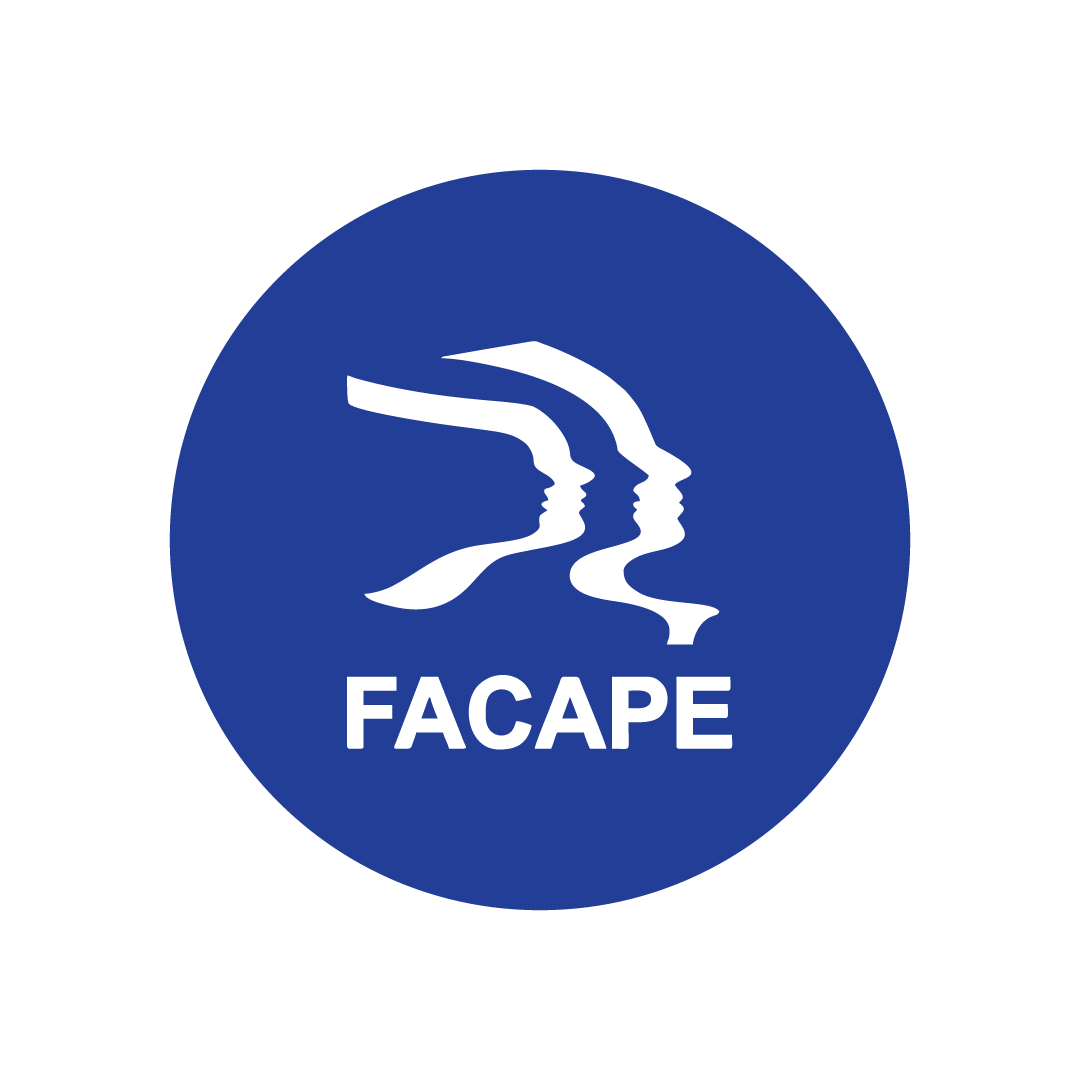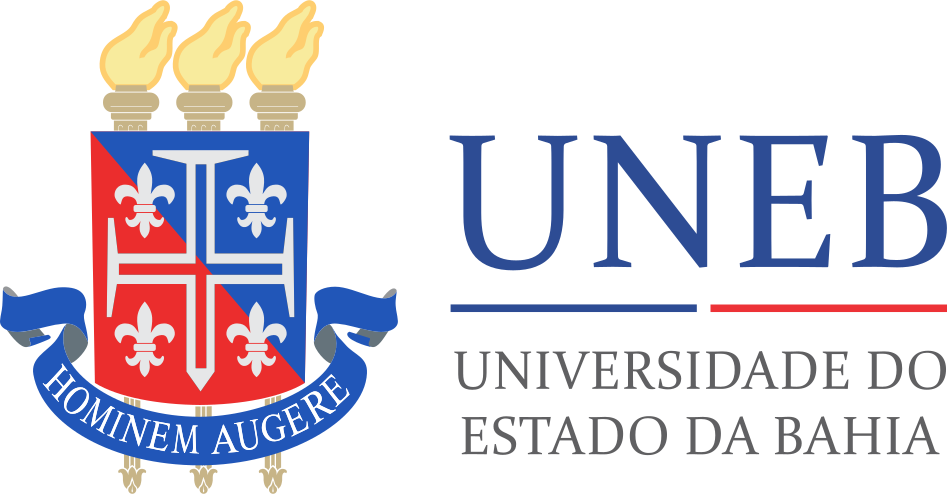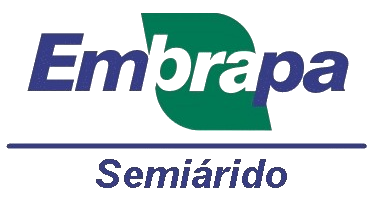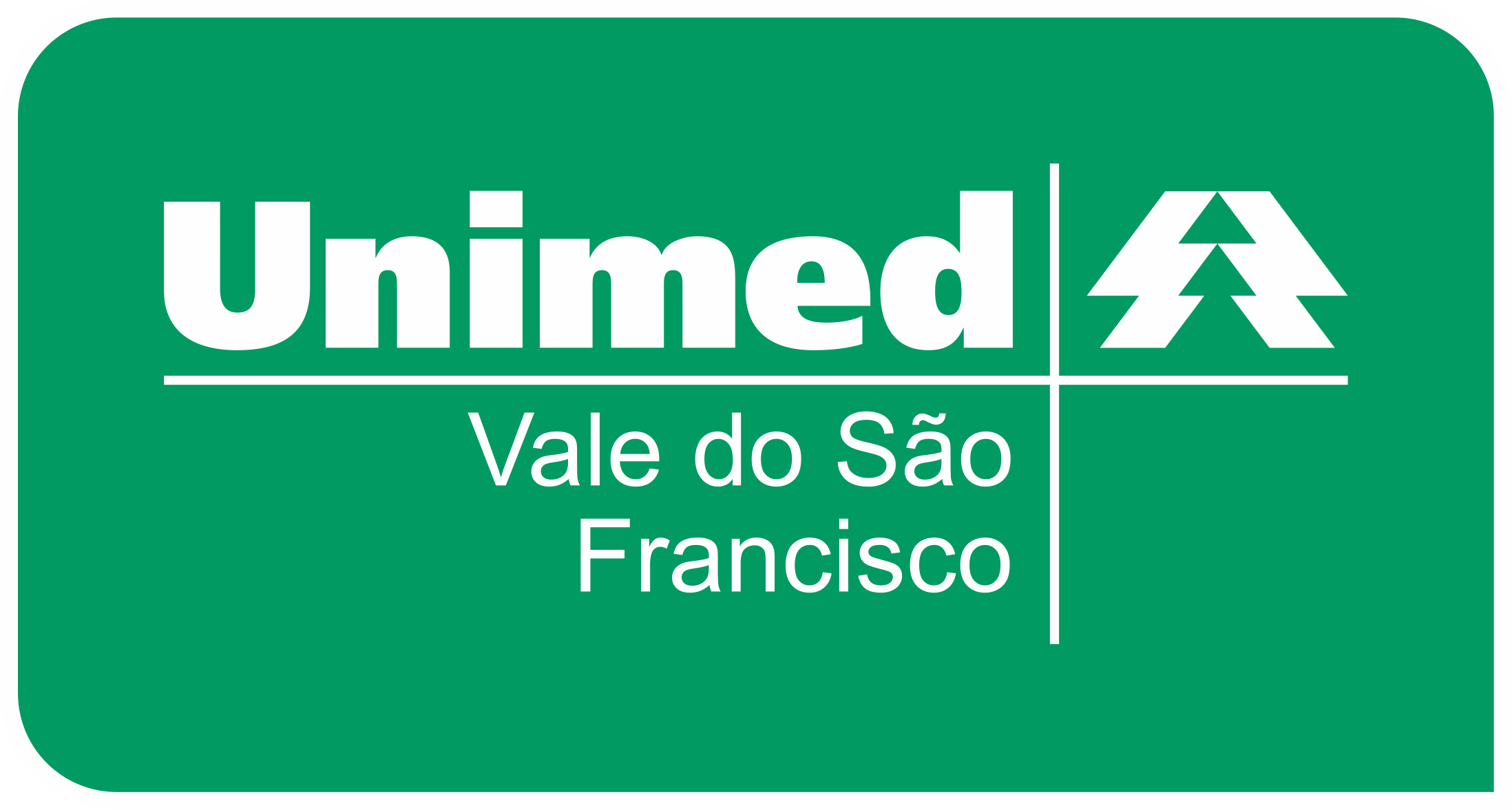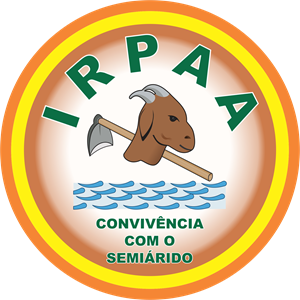ENVIRONMENTAL EDUCATION PROGRAM IN ECUADOR: THEORY, PRACTICE, AND PUBLIC POLICIES TO FACE GLOBAL CHANGE IN THE ANTHROPOCENE
Keywords:
Anthropocene, Environmental education, Global change, Regenerative cultures, Rights of natureAbstract
In 2008, the new Constitution of Ecuador recognized the Rights of Nature, in order to restore the ecological footprint. For this reason, the main goal of this article is to reflect about the theories, practices, and public policies developed in Ecuadorian schools with the Environmental Education Program “Tierra de Todos”. As a result, this work integrates scientific knowledge with ancestral wisdom, combining an ecology of knowledge as a transdisciplinary research methodology. Part of this program is an adaptation of the methodology TiNi and promotes a critical environmental awareness with all students of primary and secondary schools. The methodology TiNi has its origin in Peru and was approved by UNESCO for its potential to learn socio-ecologic didactics in direct contact with nature. As conclusion, environmental education public policies aim to face the complex civilizing challenges of the Anthropocene teaching how to feel-think-act in harmony with the co-evolutionary processes of nature, in order to (re)design regenerative cultures.
Downloads
Downloads
Published
Versions
- 2022-11-11 (2)
- 2022-09-10 (1)
Issue
Section
License
Copyright (c) 2021 Green Journal

This work is licensed under a Creative Commons Attribution-NonCommercial-NoDerivatives 4.0 International License.





















